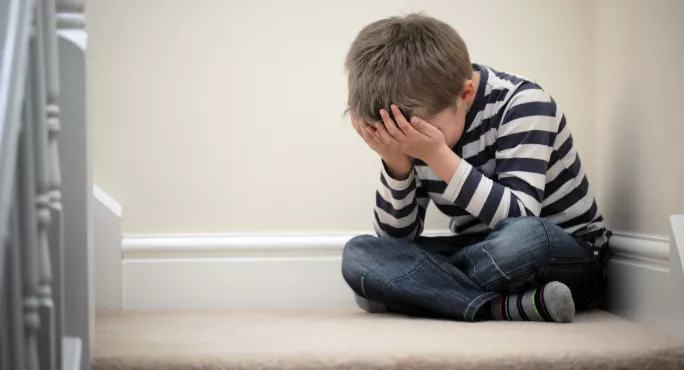Primary pupils are suffering more mental health problems as a result of lockdown than their secondary school counterparts, research among 10,000 parents reveals.
The University of Oxford research suggests that primary children have experienced an increase in emotional difficulties since schools closed, including feeling unhappy, worried, “being clingy” and experiencing physical symptoms associated with worry.
Parents of secondary-age children, on the other hand, reported a reduction in their emotional difficulties. However, there has been an increase in “restless/attentional behaviours”.
Opinion: How will coronavirus affect pupils’ mental health?
Coronavirus: Impact on young people to be assessed
News: Lockdown - little research on how children will cope
Tom Madders, campaigns director at YoungMinds, a charity committed to improving children’s wellbeing and mental health, said: “This research suggests that many younger children have found it increasingly hard to cope as the lockdown period has gone on, which may be because of loneliness, fears about the coronavirus or a loss of the routines and support that come with school.
Coronavirus: School closures and pupil mental health
“The picture appears to be more variable for older children in this study. Following the anxiety and uncertainty of going into lockdown, some are likely to have found the restrictions more difficult as time has gone on, while others - including those who feel safe and secure at home but who find school challenging - may have adapted well to their new reality.”
More than 10,000 parents took part in the Co-SPACE (Covid-19: Supporting Parents, Adolescents and Children in Epidemics) survey in the first month of lockdown.
Those parents who had primary children also reported that their behaviour had become worse over time, with an increase in behaviours such as temper tantrums, arguments and not doing what they were asked. They also reported that their children showed greater levels of restlessness/fidgety behaviour and difficulties concentrating.
But the same pattern was not seen in the older age group of 11- to 16-year-olds.
Professor of developmental clinical psychology Cathy Creswell, who is co-leading the study, said: “These findings highlight that there is wide variation in how children and young people have been affected, with some finding life easier but others experiencing more difficulties.
“Our findings have identified some sources of variation but we need to continue to gain a better understanding of which families are struggling and what they need to help direct the right advice and support going forward to ensure that this does not have long-lasting consequences.’
The Co-SPACE survey is still open and parents and carers are being encouraged to share their experiences here.




